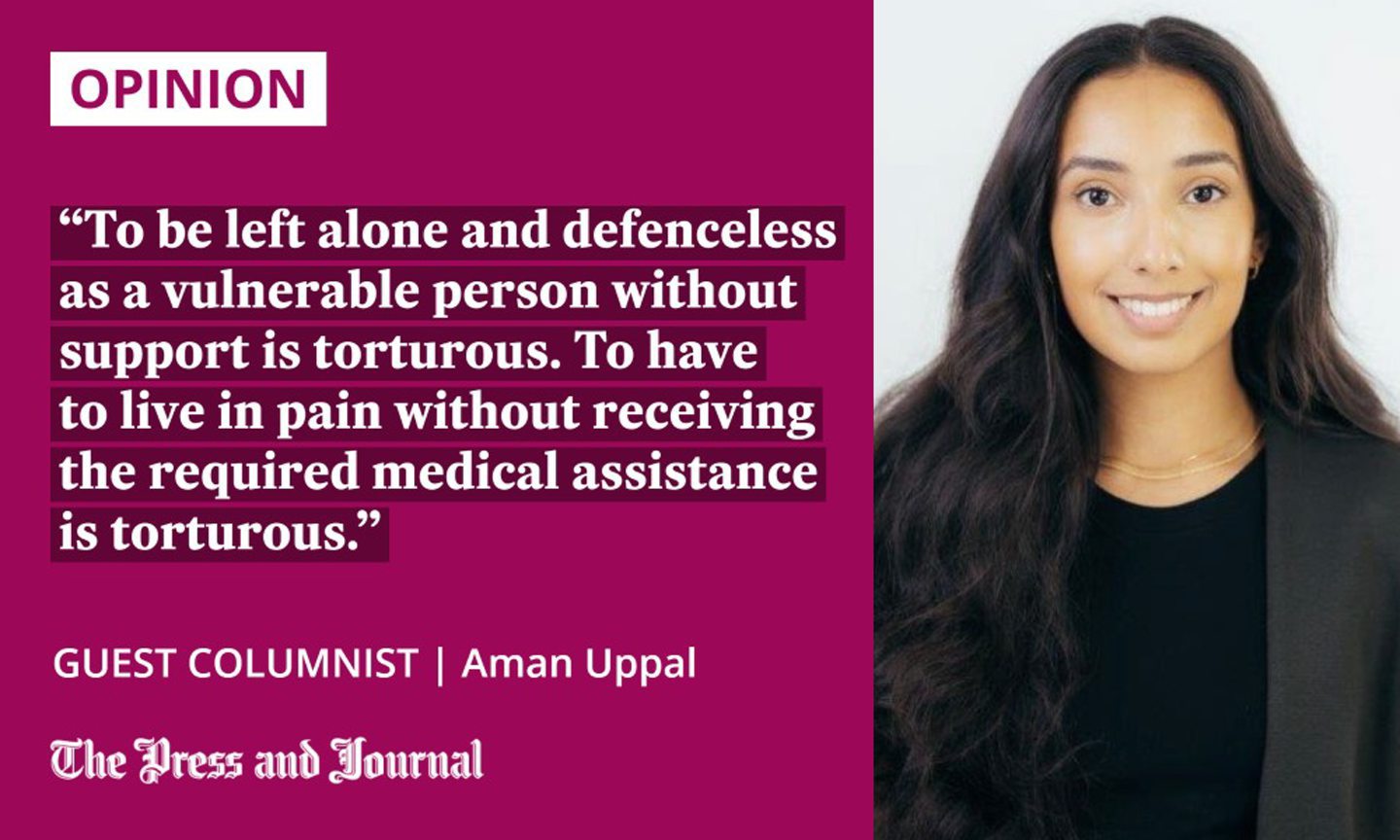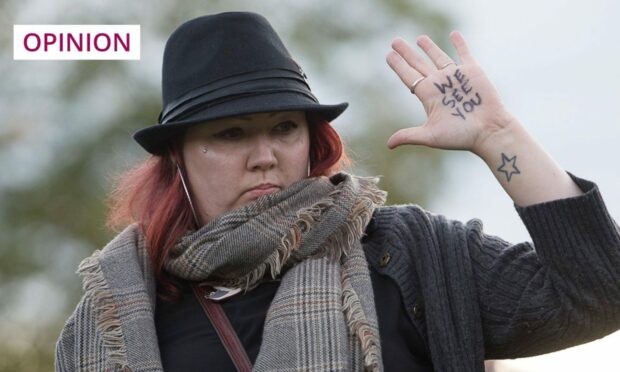A 36-year-old man from Sudan was housed in Home Office accommodation in 2021.
He spent that Christmas in a hotel in Belfast before being moved to Scotland, and was placed in hotels in Perth, Falkirk and then Greenock in 2022. In an interview with The Ferret, he said: “We have been staying in this hotel for many months with no news and no interview from the Home Office.
“I am depressed. I don’t want to leave my room. I don’t really want to talk to anyone. I think about suicide… It’s such a difficult situation and no one is listening to us.”
Since 2016, at least 140 people waiting for asylum within the United Kingdom have died in housing or hotels that were provided by the Home Office, with 21 of these deaths being confirmed or suspected cases of suicide.
Half of the individuals who have died in Home Office housing since 2020 were stated by officials to have a “safeguarding element”: a label given to recognise those who are vulnerable or have health problems.

The term “safeguarding” is used by the Home Office to reference its responsibilities to protect and ensure the safety of vulnerable people in its housing. Legally, the Home Office is obligated to provide housing and support for asylum seekers facing destitution.
The question, then, has to be asked: why have so many deaths occurred? And, what’s more, why has the ministerial department in charge failed to uphold its responsibilities to protect not only people who require safeguarding, but all individuals in their supplied housing or hotel accommodation?
‘Safeguarding’ label doesn’t ensure the safety of asylum seekers
One of the numerous examples of the Home Office’s failings was the case of Adnan Walid Elbi, who arrived in Scotland from Syria and was placed in a Home Office hotel in Glasgow. During his stay in the hotel, Elbi expressed suicidal thoughts to friends, and told them that he was struggling to cope.
Elbi was also known to the Home Office’s safeguarding team. He was hospitalised in 2020, on April 21, due to his suicidal thoughts, with his solicitor stating that he had attempted to take his own life three times by that point.
Despite this, Elbi was placed back in his accommodation in Glasgow, after being released from hospital. He was found dead two weeks later.
This morning we planted a tree in memory of Adnan Walid Elbi, Badreddin Abedlla Adam and Mercy Baguma, who died last year while in "the care" of @mearsgroup and @ukhomeoffice.
Our vigil was also in solidarity with all those facing the Hostile Environment. #endhoteldetention pic.twitter.com/DoD07VbcHC
— No Evictions Network (@no_evictions) April 3, 2021
In June 2020, Mohammed Camara arrived in the UK and was placed in a Home Office hotel. He was suffering pain throughout his body due to enduring torture in Ivory Coast, but was told by hotel staff that he could not go to a doctor nor a hospital. In November 2020, Camara died in his room, following a cardiac arrest.
In both instances, the Home Office failed to carry out its duties. It did not provide the necessary support to Elbi, despite being notified of his mental state and his need for additional help, and Camara was left to live in pain until he died, as his need for medical attention was ignored.
Home Office is subjecting hundreds of asylum seekers to torturous conditions
To gain some perspective on this issue, it feels necessary to look further afield. United Nations experts have widely discussed the living conditions of individuals being held in detention camps in other countries.
It has been stated that the treatment in one detention camp, Al-Roj in Syria, is so dire that it arguably amounts to a breach of Article 3 of the European Convention of Human Rights, which prohibits torture. Upon investigation, it was found that detainees in Al-Roj are “exposed to violence, exploitation, abuse and other cruel, inhuman or degrading treatment”, according to UN human rights expert, Fionnuala Ní Aoláin.
It is, then, important to consider exactly what falls under the definitions of “violence, abuse and inhuman or degrading treatment”.
To be left alone and defenceless as a vulnerable person without support is torturous. To be left to endure such living conditions with no consideration given to the way you are suffering, through no fault of your own, is torturous. To have to live in pain without receiving the required medical assistance is torturous.
It is unforgivable that the conditions of a detention camp in a developing country could be comparable to government-provided accommodation for asylum seekers in one of the richest countries in the world
The UK Home Office is, arguably, subjecting hundreds of asylum seekers to torturous conditions every day that they allow people to remain in these houses or hotels.
Given this, it is not infeasible to draw comparisons between the aforementioned Syrian detention camp, Al-Roj, and Home Office accommodations in our own country.
When considering the vast difference between the economies of the UK and Syria, it is unforgivable that the conditions of a detention camp in the latter, a developing country, could be comparable to government-provided accommodation for asylum seekers in the former, one of the richest countries in the world.
Aman Uppal is a law graduate and future trainee solicitor with a particular interest in human rights and immigration law

Conversation